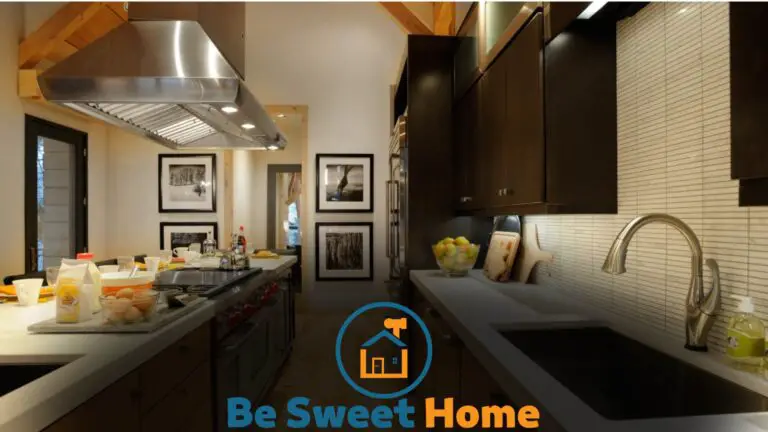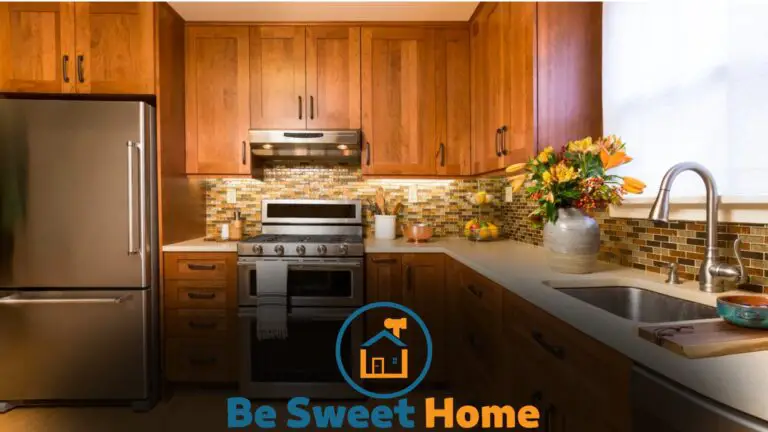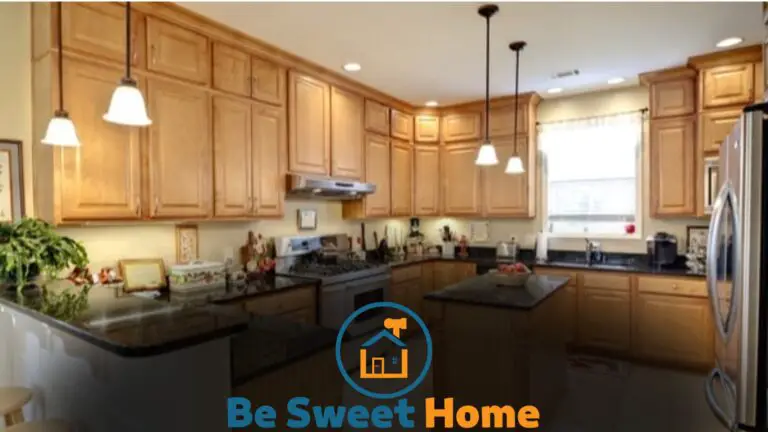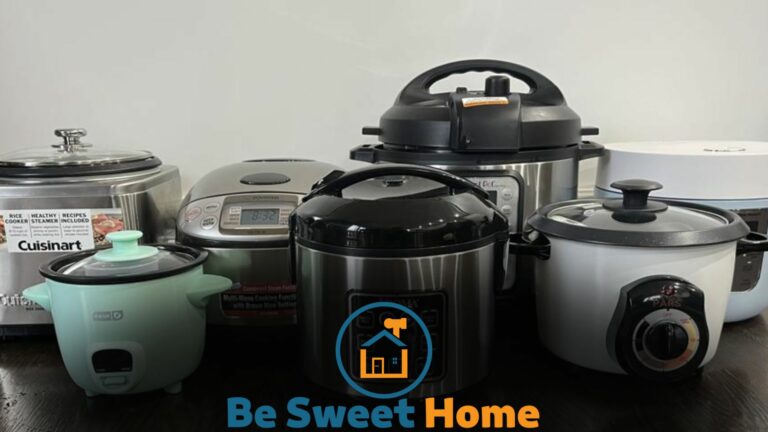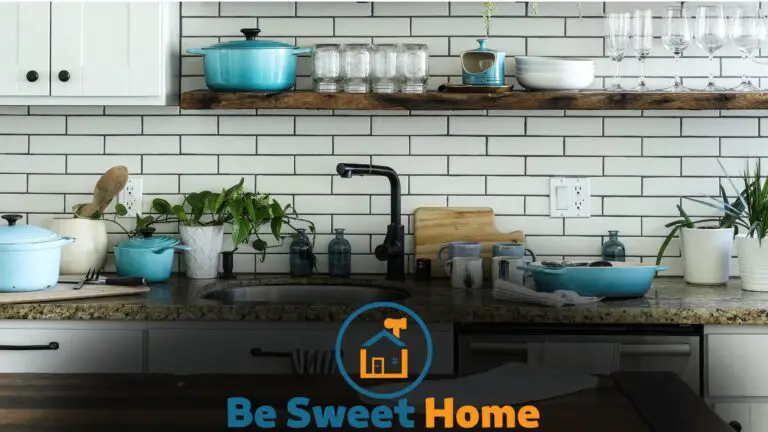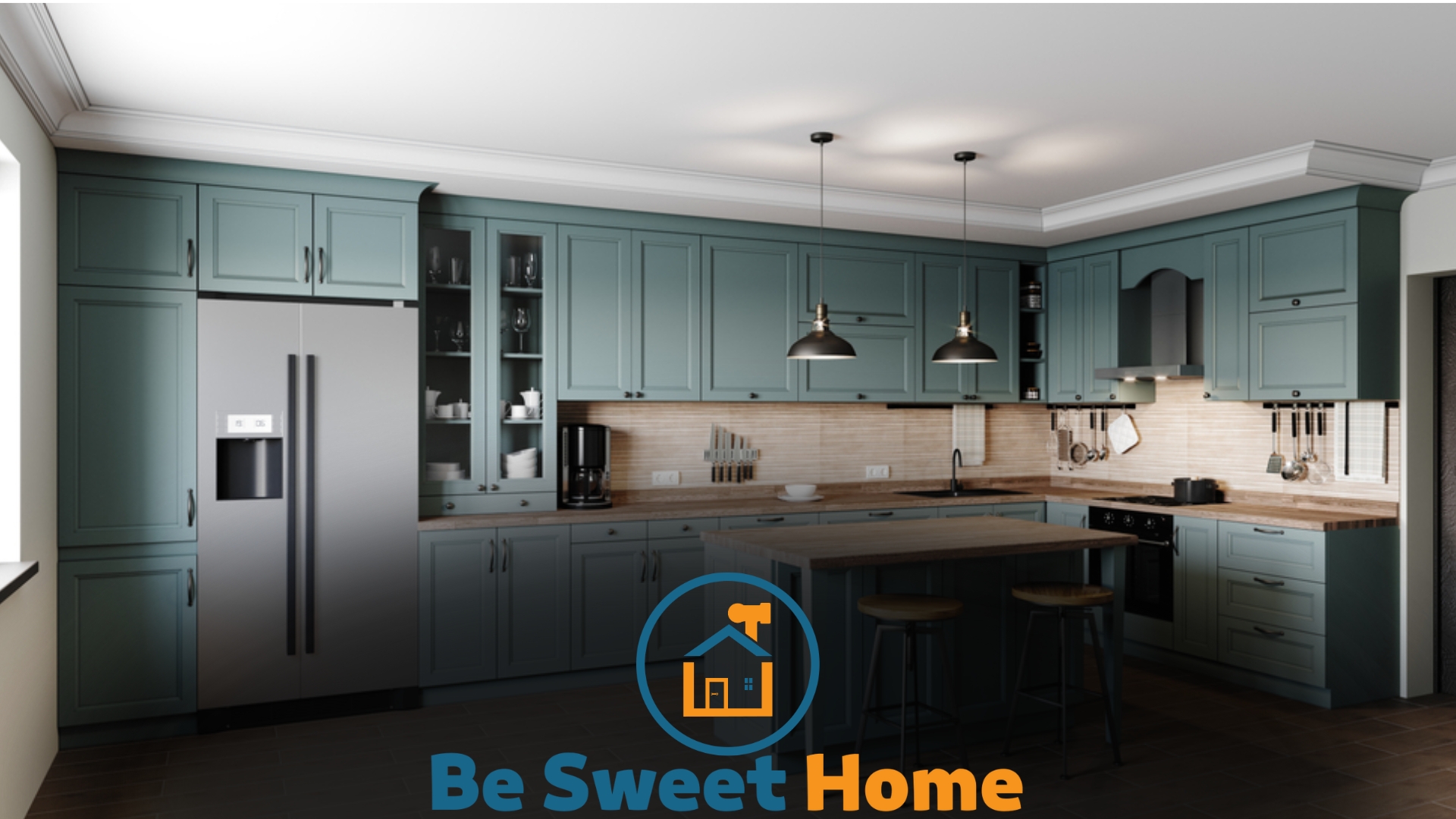

Disadvantages of modular kitchens include limited customization and a higher cost. They might not fit well in irregular spaces, confining design choices.
Modular kitchens boast a modern aesthetic and functionality that attract many homeowners planning a kitchen upgrade. Yet, it’s essential to weigh the potential drawbacks of such an installation.
A modular kitchen comes predefined in design and size, which can present challenges for those with non-standard kitchen layouts. The cost can also be significant, as these kitchens are typically more expensive than traditional ones.
While modular kitchens’ convenience and sleek look are appealing, the inflexibility in design and the possibility of higher expense should be carefully considered before committing to this stylish, contemporary kitchen solution.
With careful planning and a clear understanding of the pros and cons, homeowners can decide to suit their culinary space and lifestyle needs best.
Space Constraints in Modular Designs
Modular kitchens bring style and functionality into homes. But they pose unique challenges in terms of space. Not every kitchen space can accommodate a modular design, leading to considerable disadvantages.
Challenges With Small Kitchens
Small kitchens limit the benefits of modular setups. Modules require a minimum of space to fit the necessary units and appliances.
- Inadequate room for appliances
- Difficulty in optimizing corner spaces
- Limited workspace for meal preparation
Storage becomes an issue. Reduced cabinet options lead to a cluttered environment.
Limitations in Customization
One-size-fits-all solutions fall short in personalized kitchens. Unique kitchen shapes require bespoke solutions, which is impossible with modular designs.
| Modular Kitchen Limitations | Customization Impact |
|---|---|
| Fixed module sizes | May not suit specific kitchen dimensions |
| Pre-determined styles | Limited aesthetic choices |
| Preset finishes | May not match existing decor |
Initial Investment and Cost Factors
Choosing a modular kitchen can add elegance and functionality when outfitting your home. However, it’s crucial to discuss initial investment and cost factors.
Modular kitchens often come with a steeper price tag compared to traditional setups. Let’s delve deeper into the financial aspects to understand the complete picture.
Comparing Costs With Traditional Kitchens
Cost comparison is essential when considering a modular kitchen. Here’s why:
- Materials: Modular kitchens utilize pre-manufactured cabinets and components that can increase costs.
- Design: Tailored designs may involve extra expenses.
- Installation: Professional fitting of modular units adds to the overall investment.
| Expense | Modular Kitchen | Traditional Kitchen |
|---|---|---|
| Materials | Higher cost due to quality | Variable, often lower |
| Design | Standardized, possibly higher | Customizable, cost varies |
| Installation | Requires specialists | Often done by homeowner |
Long-term Value Considerations
Understanding long-term value is as important as initial costs. Here are points to ponder:
- Durability: These kitchens are built to last longer than traditional ones.
- Resale Value: Homes with modular kitchens may fetch a higher resale value.
- Maintenance: Lower maintenance needs could translate into cost savings.
While the upfront investment might be high, longevity and ease of maintenance can balance the scales over time. Whether a modular kitchen’s cost aligns with its value is worth a deep dive into.
Durability and Maintenance Issues
Modular kitchens, while sleek and convenient, face particular challenges with durability and maintenance.
This part of the home bears daily usage stresses, and its maintenance can influence overall longevity and appeal. Let’s dive into factors like materials and routine maintenance that can become disadvantages in a modular kitchen setup.
Materials and Wear Over Time
The choice of materials in a modular kitchen impacts durability significantly. Often, materials such as particleboard or MDF (Medium-Density Fibreboard), which might be more budget-friendly, can show signs of wear more quickly than solid wood or plywood.
Issues like chipping, peeling, or swelling due to water exposure can occur, leading to the need for replacements or repairs. High-quality materials such as marine plywood, though costlier, can extend the lifespan of your kitchen fittings but may still face wear over time due to exposure to heat and moisture.
This table illustrates typical wear signs relative to kitchen material types:
| Material Type | Signs of Wear |
|---|---|
| Particleboard/MDF | Swelling, warping, peeling |
| Marine Plywood | Discoloration, minor warping |
| Solid Wood | Cracking, splitting |
Ease of Cleaning and Repairs
One factor affecting the user-friendly nature of a modular kitchen is how easy it is to clean and maintain.
Surfaces that are challenging to clean can lead to a build-up of dirt and grease, which not only impacts aesthetics but can also shorten the lifespan of materials. Modular kitchens often incorporate hard-to-reach areas where dust and grime collect, complicating the cleaning process.
The modular parts must be readily available when a kitchen segment needs fixing, replacing, or repairing. However, discontinued models or unique fittings might make finding matching parts difficult.
This could lead to homeowners needing to replace more than just the damaged area, adding to unexpected expenses and inconvenience. Below, find a quick list of standard maintenance aspects:
- Cleaning ease of cabinet surfaces
- Access to replacement parts
- Repair versus replace decisions
In summary, while modular kitchens bring a modern touch and functionality, material selection and ease of maintenance are essential considerations to minimize the disadvantages tied to durability and long-term use.
Functional Limitations and Inconveniences
Modular kitchens offer sleek design and efficiency but have certain drawbacks. Functional limitations and inconveniences can arise from their pre-fabricated structure. Let’s explore these challenges.
Ergonomic Considerations
In a modular kitchen, user comfort is key. Yet, not all designs cater to everyone’s needs.
- Elevations might mismatch users’ height, causing strain.
- Cabinets can be either too high or too low, leading to discomfort.
- Working counters may not suit every family member’s posture.
These ergonomic issues require attention for a kitchen to be practical and comfortable.
Appliance Integration Problems
Appliance fitting is a common modular kitchen challenge.
- Ovens, refrigerators, and dishwashers might not blend perfectly.
- Dedicated spaces in the modules can limit appliance size or type.
- Upgrades or replacements may need additional customization.
Planning is crucial to ensure your appliances fit seamlessly within a modular setup.
Aesthetic Concerns and Lack of Uniqueness
Aesthetic concerns and lack of uniqueness often come to light when discussing the disadvantages of modular kitchens. Many homeowners crave a space that stands out. They want a kitchen that reflects their style. Unfortunately, opting for a modular kitchen might limit these possibilities.
Limited Design Options
Modular kitchens come with pre-designed and prefabricated units. This can lead to a lack of variety in design choices. The selection is often restricted to the most popular styles. Standard materials and colors dominate the market.
- Sleek lines and modern finishes are standard.
- Traditional or eclectic looks may be hard to achieve.
Choices may feel repetitive. Many modular kitchens end up looking quite similar.
Difficulty In Personalization
Modular kitchen designs focus on efficiency and standardization. This can make adding personal touches challenging.
| Aspect | Personalization Challenge |
|---|---|
| Size and Layout | Units are pre-made and might not fit unique spaces well. |
| Color Schemes | Matching different materials can be tricky. |
| Material Mix | Matching different materials can be tough. |
To achieve individual expression in the kitchen is tough. A truly unique space that tells your personal story isn’t always possible with modular setups.
Challenges in Modification and Upgradation
The Modular Kitchen, a modern kitchen solution, is not without issues. Specifically, modifying and upgrading these kitchens poses unique challenges. Understanding these challenges is critical when considering a modular kitchen.
Modifying Existing Structures
Changing the layout or structure of a modular kitchen can be daunting. Here are some of the main concerns:
- Fixed Dimensions: Modular units are pre-built to specific sizes. Altering them to fit a new layout may not be possible.
- Color & Finish Matching: Finding exact matches for finishes can be difficult. This can lead to inconsistencies in the kitchen’s appearance.
- Cost Implications: Structural changes can lead to significant costs. These can come from waste and the need for new custom pieces.
Upgrading Components and Compatibility
As technology and trends evolve, you may want to upgrade your kitchen’s components:
- Technology Integration: New appliances may not fit the dimensions or energy requirements of the existing modules.
- Compatibility Issues: Each module is designed to work within a specific system. New units might not align or connect properly with old modules.
- Discontinued Models: Manufacturers may discontinue older designs. This can make replacement parts hard to find.
Upgrades need careful planning to ensure harmony and function in your kitchen space.

Frequently Asked Questions on What are the Disadvantages of Modular Kitchen
What Are the Common Cons of Modular Kitchens?
Modular kitchens can be costly due to their custom designs and higher-quality materials. They may also incur additional expenses for installation and maintenance.
Is a Modular Kitchen Less Durable?
The durability of a modular kitchen depends on the materials used and the quality of construction. Some may be less sturdy than traditional kitchens if not well-made.
Can Modular Kitchens Be Remodeled Easily?
Remodeling a modular kitchen may be difficult since the components are pre-fabricated, and any changes could require purchasing entirely new modules.
Do Modular Kitchens Offer Limited Designs?
While modular kitchens offer a range of designs, the choices can be limited compared to a completely custom kitchen, where every detail can be tailored to personal preference.
Are Modular Kitchens Difficult To Repair?
Repairs in a modular kitchen can be challenging, as matching colors and styles with existing modules might be difficult, especially if the design has been discontinued.
Conclusion
Embracing the modular kitchen design comes with its own set of drawbacks. These can include hefty costs, complex installations, and the potential for lower quality.
As homeowners weigh their options, recognizing these challenges is essential. Thoughtful consideration ensures a kitchen that not only looks modern but also meets practical living needs.

